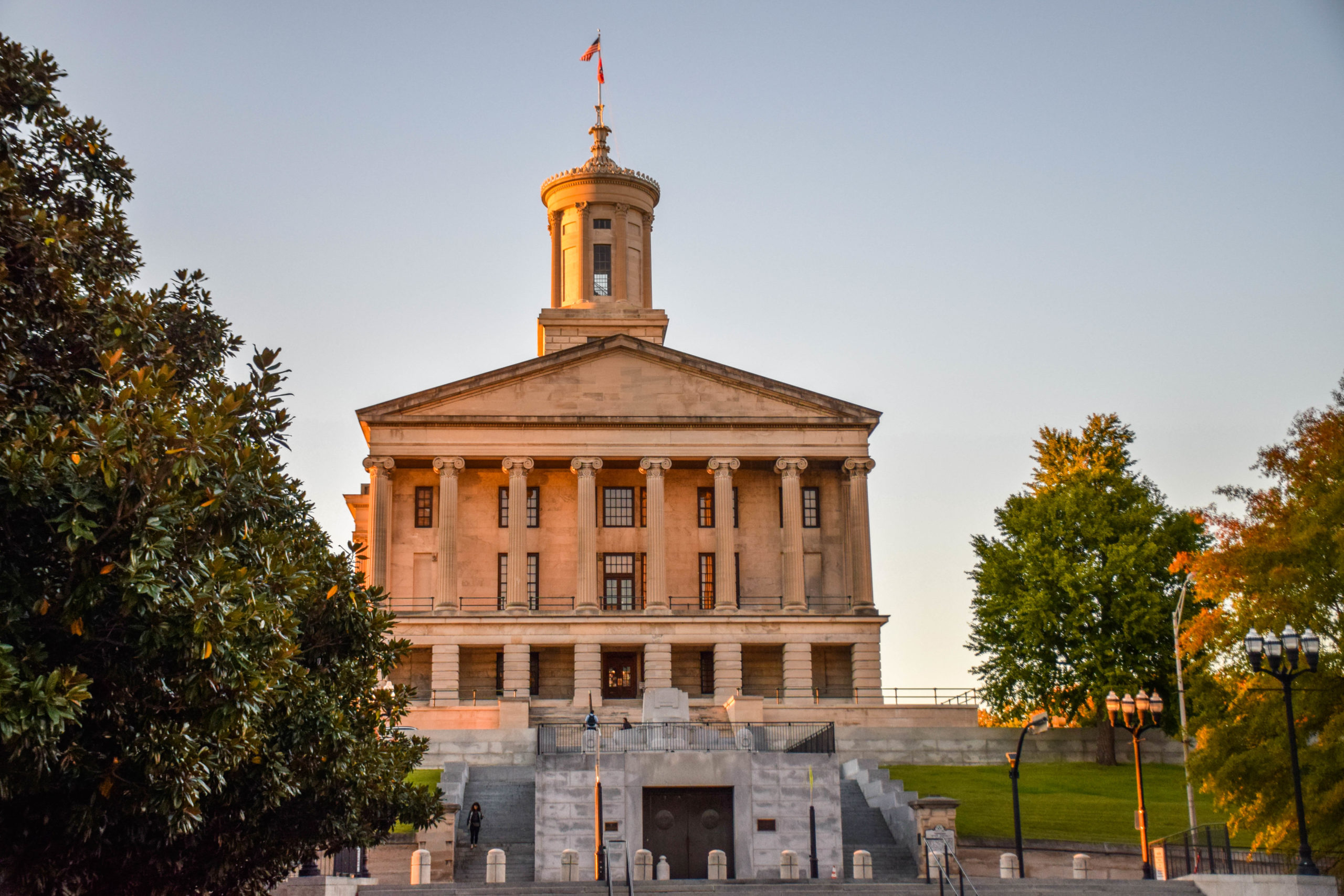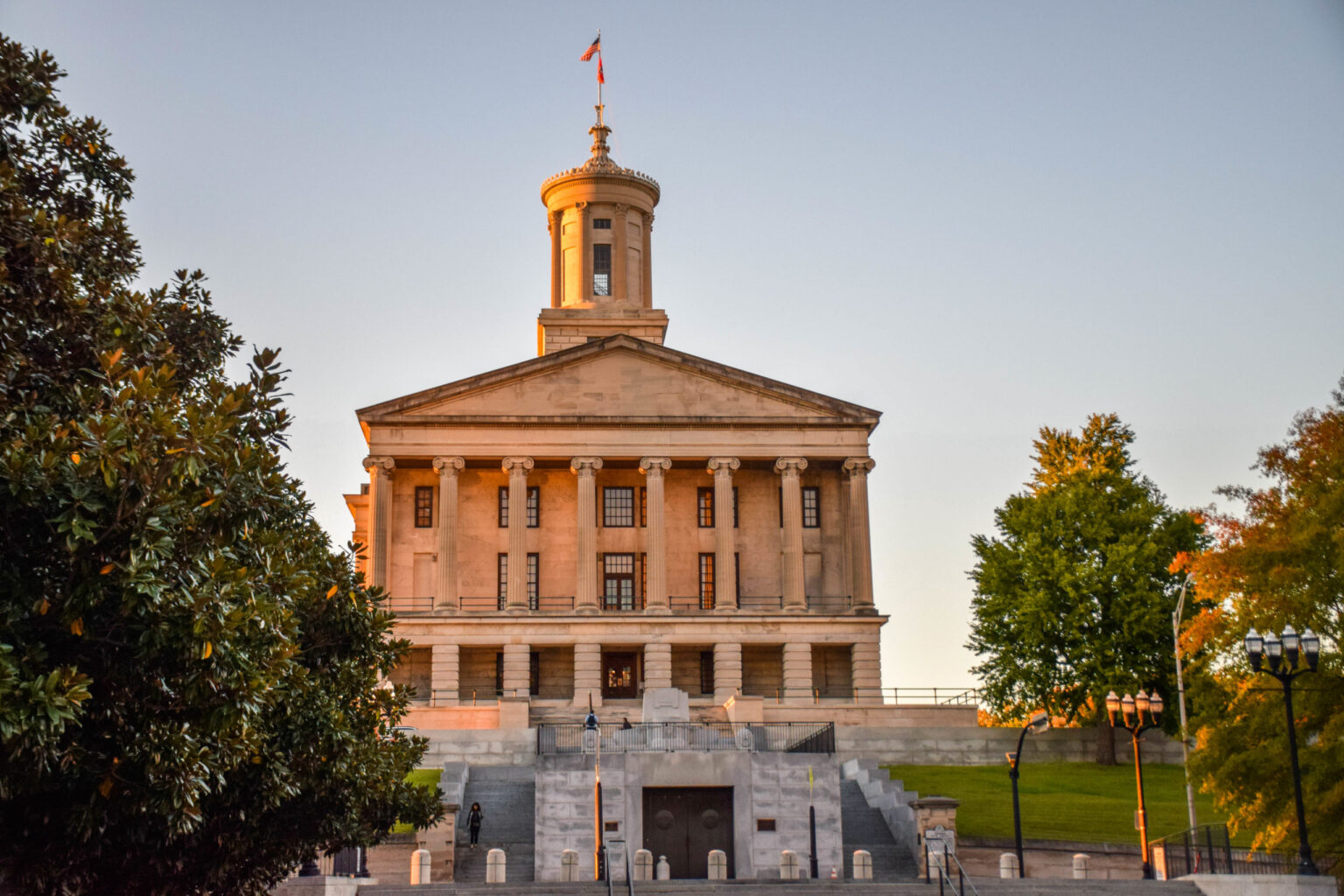
Tennessee lawmakers will reconvene in Nashville Tuesday for the 114th General Assembly.
Here are some of the key issues going in this legislative session:
School vouchers
An expansion of Gov. Bill Lee’s school voucher program did not have enough traction during last year’s legislative session, but it’s become the main focus ahead of this year’s with a push from the governor and U.S. Sen. Marsha Blackburn. The Education Freedom Savings Account program, or ESA, would allow parents to take public school funding and apply it to private school tuition.
Students currently enrolled in the pilot program in Memphis, Nashville and Chattanooga have underperformed on state testing compared to their public-school peers, according to state data. The biggest disparity was in Hamilton County, where 18% of ESA students were proficient in math compared to more than 36% of public school students.
The same data also shows that participating parents have a 99% satisfaction rate.
If expanded statewide, the program would draw funding from lottery and sports betting revenue. Currently, that money goes towards the HOPE Scholarship, which helps Tennessee students go to college in-state.
Outside of the ESA push, a great number of the bills filed so far relate to education — including multiple proposals designed to curb texting in the classroom.
Disaster relief
Thirteen Tennessee counties are still recovering from the damage of Hurricane Helene, but disaster relief from the federal government is slow-going. At the state level, Lee has allocated millions from TennCare to aid hard-hit areas, but many are still without homes.
So far, few bills have been filed to address disaster relief for Northeast Tennessee. Republican Sen. Page Walley has proposed legislation that would bridge the gap between when federal disaster aid is available and when it’s needed.
Gov. Lee may call a special session for both his school voucher program and disaster relief.
“There’s funding that needs to be determined, and it needs to be done earlier than later because those folks need relief there. We also know that this education initiative that we have, in order to get it implemented, if it’s going to pass in the General Assembly, we need to do it soon,” Lee said.
Hate speech
After white nationalist groups marched through Nashville last year, the city crafted several ordinances to curb their activity. Now, House Majority Leader William Lamberth and Sen. Mark Pody are attempting to adopt some of those policies statewide.
First Amendment protections of free speech make it hard to legislate hate speech itself, so many of the bill’s provisions instead target methods that hate groups use to intimidate a community. That includes banning signs hung over bridges and overpasses and adding greater penalties for littering on private property, the way that neo-Nazi groups littered antisemitic flyers on Nashville homes.
House Bill 55 expands on Nashville’s ordinances by giving law enforcement greater power in making arrests. The measure would create a buffer zone in which people could not get within 25 feet of an officer carrying out official duties, create an offense for a person who gives a false name to law enforcement and allow officers to arrest someone for a misdemeanor, even if the officer did not see the offense happen.
Grocery tax
Tennessee has one of the highest taxes on groceries in the nation, but the lead up to this legislative session has seen a bipartisan effort to change that. Both Democratic Rep. Aftyn Behn and Republican Rep. Elaine Davis have filed bills to end the grocery tax. However, there is disagreement on how to recoup those funds. Behn’s bill proposes a corporate tax instead, but Davis’s does not offer an alternative.
IVF, contraceptives and abortion
Measures proposed by Democratic lawmakers would enshrine protections for contraceptives by clarifying that “abortion” does not mean birth control, IUDs, fertility treatments, or condoms. Meanwhile, Republican Rep. Gino Bulso has filed legislation that would allow Tennesseans to sue drug companies and distributors if a family member uses their medication to end a pregnancy.




